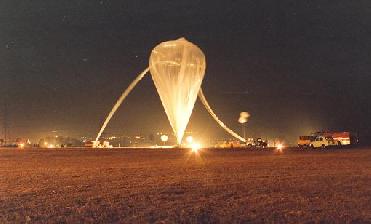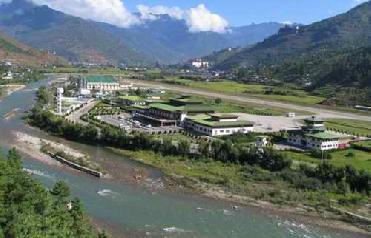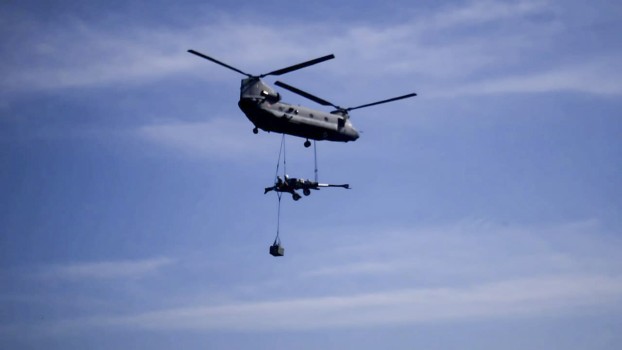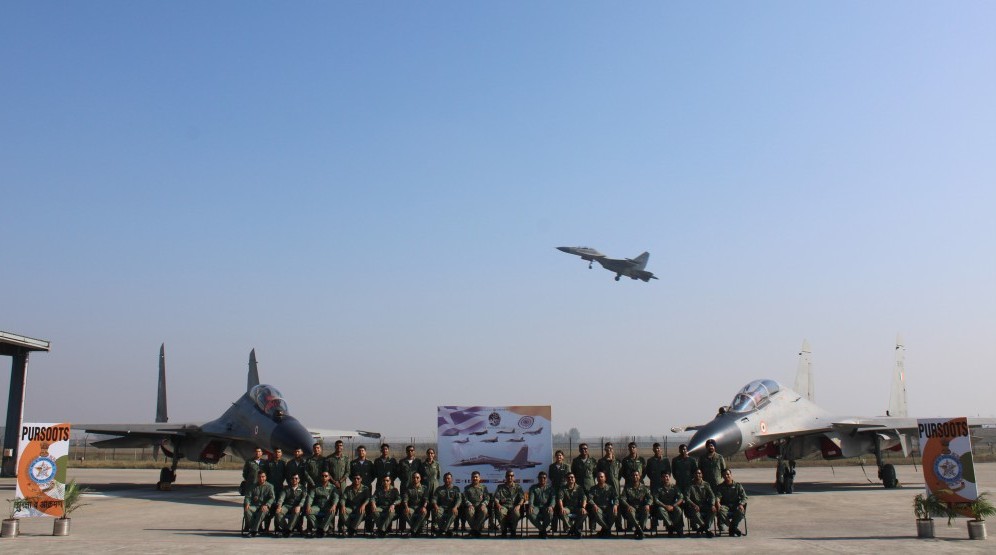
The experiment was conducted using a 26.7 million cubic feet balloon. ISRO photo
NEW DELHI (BNS): Indian scientists have discovered three new species of bacteria, which are not found on Earth. The bacteria are highly resistant to ultra-violet radiation and have been discovered in the upper stratosphere, the Indian Space Research Organisation (ISRO) said in a statement.
One of the new species has been named as Janibacter hoylei, after the Distinguished Astrophysicist Fred Hoyle, the second as Bacillus isronensis recognising the contribution of ISRO in the balloon experiments which led to its discovery and the third as Bacillus a
aryabhata after India’s celebrated ancient astronomer Aryabhata and also the first satellite of ISRO.
The balloon experiment was conducted using a 26.7 million cubic feet balloon carrying a 459 kg scientific payload soaked in 38 kg of liquid Neon, which was flown from the National Balloon Facility in Hyderabad, operated by the Tata Institute of Fundamental Research (TIFR).
According to ISRO, the payload consisted of a cryosampler containing sixteen evacuated and sterilised stainless steel probes. Throughout the flight, the probes remained immersed in liquid Neon to create a cryopump effect.
These cylinders, after collecting air samples from different heights ranging from 20 km to 41 km, were parachuted down and safely retrieved.
These samples were analysed by scientists at the Center for Cellular and Molecular Biology, Hyderabad as well as the National Center for Cell Science (NCCS), Pune for independent examination, ensuring that both laboratories followed similar protocols to achieve homogeneity of procedure and interpretation.
“In all, 12 bacterial and six fungal colonies were detected, nine of which, based on 16S RNA gene sequence, showed greater than 98% similarity with reported known species on earth. Three bacterial colonies, namely, PVAS-1, B3 W22 and B8 W22 were, however, totally new species,” scientists said.
“All the three newly identified species had significantly higher UV resistance compared to their nearest phylogenetic neighbours,” they added.
“The precautionary measures and controls operating in this experiment inspire confidence that these species were picked up in the stratosphere. While the present study does not conclusively establish the extra-terrestrial origin of microorganisms, it does provide positive encouragement to continue the work in our quest to explore the origin of life,” ISRO said in the statement.
This was the second such experiment conducted by ISRO, the first one being in 2001.
Even though the first experiment had yielded positive results, it was decided to repeat the experiment by exercising extra care to ensure that it was totally free from any terrestrial contamination, the agency said.
 Previous Article
Previous Article Next Article
Next Article













The Indian Air Force, in its flight trials evaluation report submitted before the Defence Ministry l..
view articleAn insight into the Medium Multi-Role Combat Aircraft competition...
view articleSky enthusiasts can now spot the International Space Station (ISS) commanded by Indian-American astr..
view article